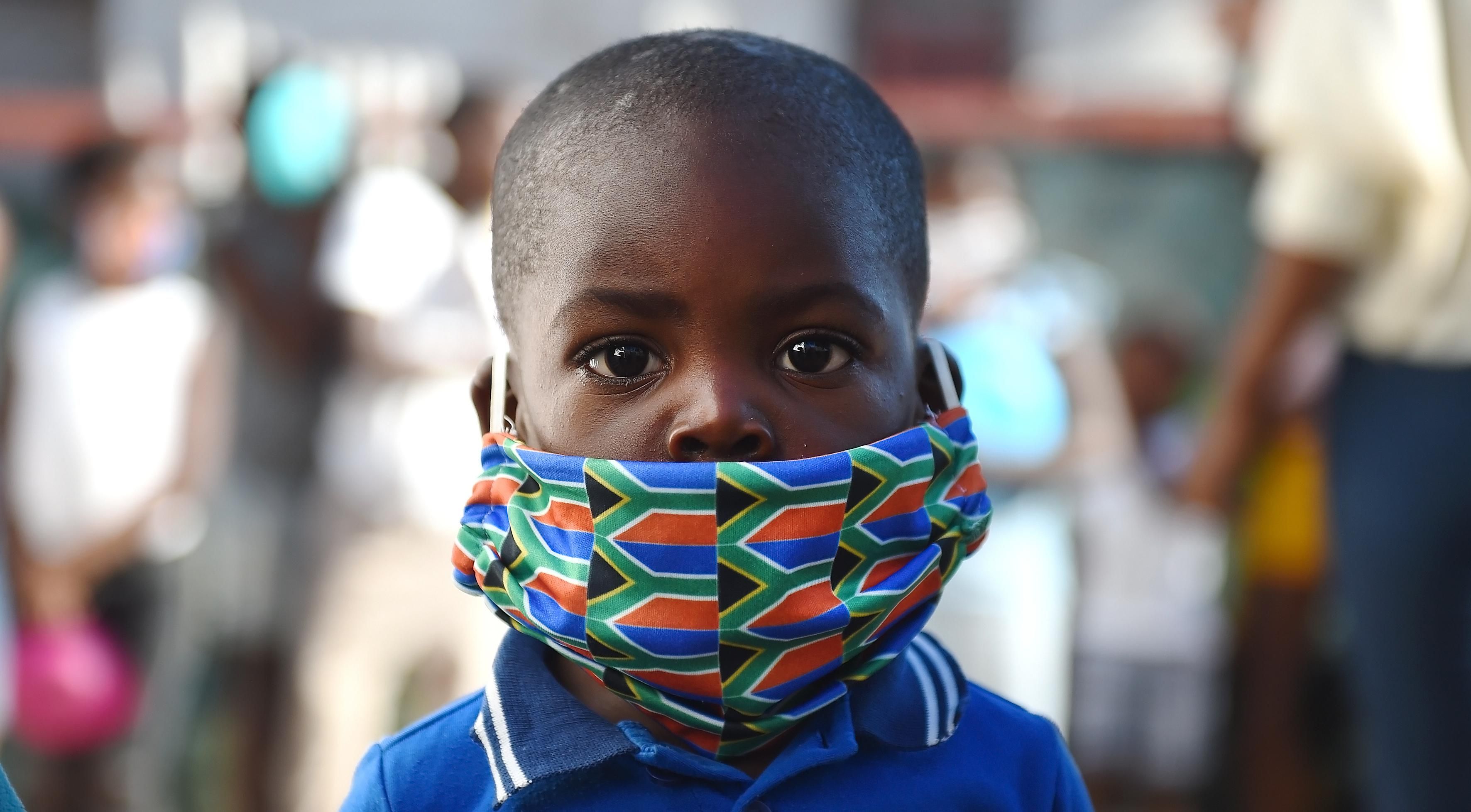News
December 29, 2020
1 million: South Africa, the African country hardest hit by the coronavirus pandemic, has now officially surpassed 1 million confirmed cases. In response, the government has imposed fresh restrictions on public gatherings and alcohol sales, and mandated mask-wearing in public. In South Africa, as elsewhere on the continent, there are worries about the availability of vaccines.
6.4: An earthquake ringing up 6.4 on the Richter scale rocked a small city near the Croatian capital on Tuesday, killing at least seven people and sending tremors throughout the Balkans. Neighboring Slovenia, which felt the tremors, shut down its main nuclear plant as a precaution.
65,000: More than 65,000 Iranians reportedly "volunteered" to participate in the first phase of human testing of an Iranian-made coronavirus vaccine. Of those, 56 were selected for the trial, which will last up to two months. Iran has already suffered more than 50,000 coronavirus deaths, the eighth highest total in the world.
125 billion: With the world mired in its worst economic crisis in decades, investment banks this year generated a record $125 billion in fees. The surge came as lenders and underwriters helped companies raise cash to weather the pandemic and its economic effects.More For You
- YouTube
Gotta maximize sleigh-holder value. #PUPPETREGIME
Most Popular
- YouTube
On Ask Ian, Ian Bremmer breaks down the steady escalation of US pressure on Venezuela and why direct military action is now a real possibility.
US President Donald Trump arrives to announce reciprocal tariffs against US trading partners in the Rose Garden of the White House in Washington, DC, USA, on April 2, 2025.
POOL via CNP/INSTARimages.com
From civil conflicts to trade wars to the rise of new technologies, GZERO runs through the stories that have shaped this year in geopolitics.
Ukrainian serviceman walks near apartment buildings damaged by Russian military strike, amid Russia's attack on Ukraine, in the frontline town of Kostiantynivka in Donetsk region, Ukraine December 20, 2025.
Oleg Petrasiuk/Press Service of the 24th King Danylo Separate Mechanized Brigade of the Ukrainian Armed Forces/Handout via REUTERS
Ukrainian intelligence services assassinated a senior Russian general on the streets of Moscow on Monday, detonating a bomb strapped to his car.
© 2025 GZERO Media. All Rights Reserved | A Eurasia Group media company.
